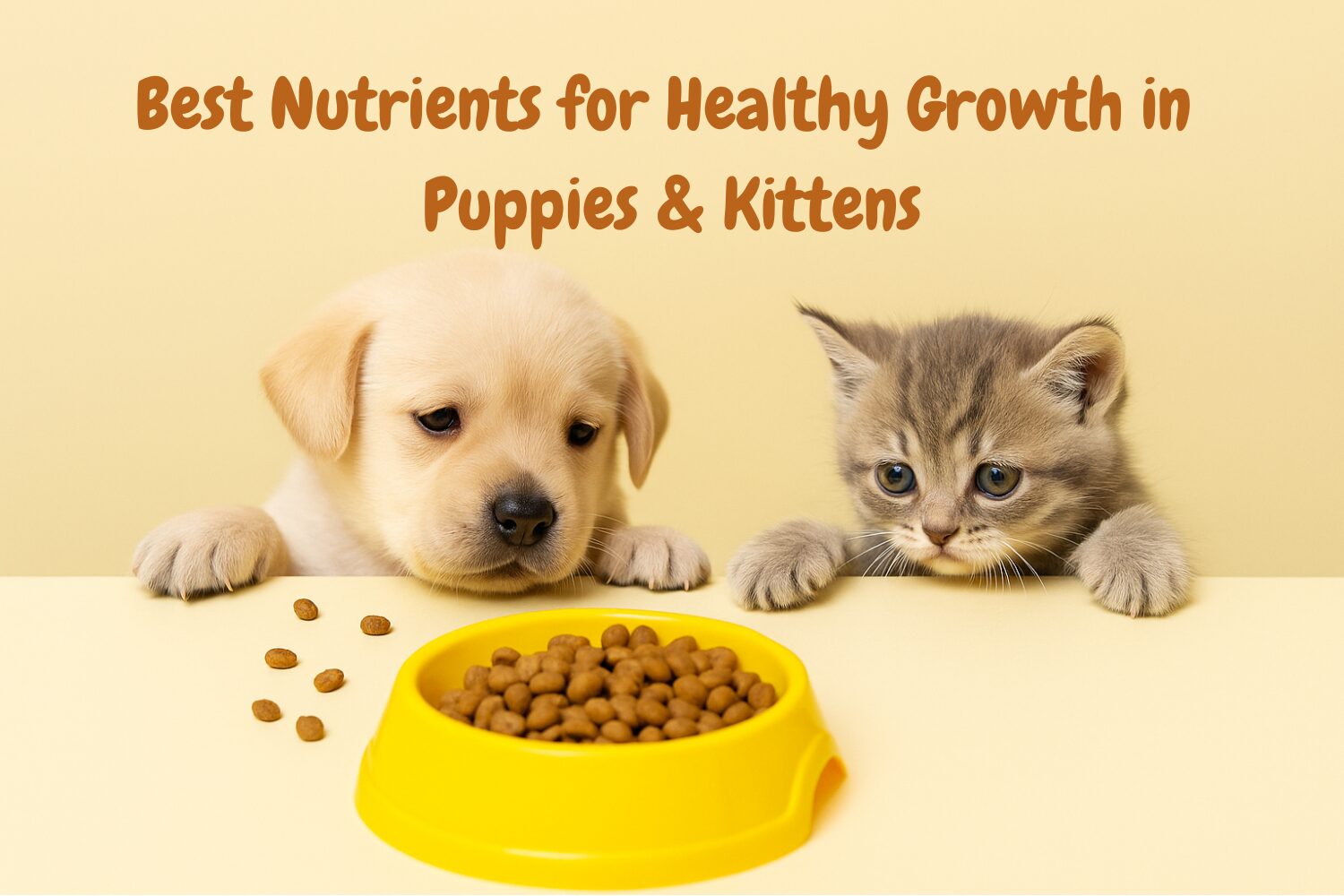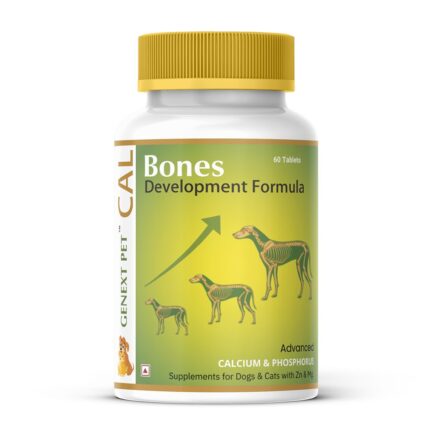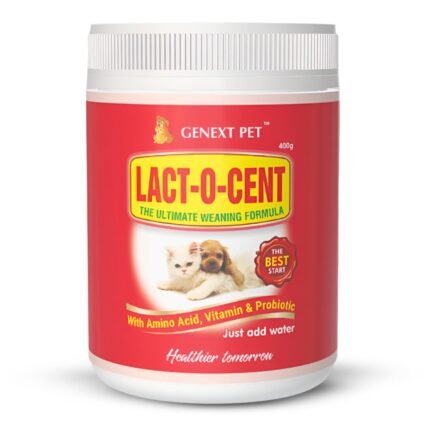Early life nutrition isn’t just important — it’s everything. Puppies and kittens grow at lightning speed in their first few months, and what you feed them during this time shapes their bone strength, immunity, cognitive function, and even long-term vitality.
Let’s break down the essential nutrients your growing pet needs — and how to ensure they’re getting the right balance daily.
Why Nutrition Matters in Early Life
Between birth and 6 months, your puppy or kitten’s body is rapidly building bone, muscle, organs, and neurological connections. Deficiencies during this stage can lead to:
- Poor weight gain
- Weak bones or joint problems
- Poor digestion
- Delayed brain development
- Frequent illness or infections
That’s why the proper ratios of nutrients are critical during the weaning and early growth phase.
Read Blog: Puppy Growth Stages: What to Expect Month-by-Month
Essential Nutrients for Puppies & Kittens
Let’s break down what growing bodies truly need:
1. High-Quality Protein
Protein is the building block of life. It supports:
- Muscle development
- Immune system function
- Repair of tissues
- Energy production
Look for easily digestible animal-based proteins in both food and supplements.
2. Calcium & Phosphorus
These minerals are essential for:
- Bone and tooth formation
- Nerve and muscle signaling
- Healthy skeletal development
Tip: The balance of calcium to phosphorus matters. Too much of one can cause issues, especially in large-breed puppies.
Read: Calcium & Nutritional Needs of Pregnant Dogs: A Complete Guide
3. DHA & Omega Fatty Acids
Docosahexaenoic acid (DHA) and other EFAs are vital for:
- Brain and vision development
- Learning ability
- Skin and coat health
These are especially important for kittens and puppies during neurological development stages.
4. Vitamins A, D3, E & B-Complex
Each plays a unique role:
- Vitamin A: Vision, skin, immune defense
- Vitamin D3: Bone density, calcium regulation
- Vitamin E: Antioxidant support
- B-Complex: Metabolism, nervous system function
5. Probiotics & Prebiotics
A healthy gut is a growing pet’s defense system. Probiotics and prebiotics help:
- Improve digestion
- Absorb nutrients better
- Strengthen the immune system.
Supplements with added Saccharomyces boulardii or Lactobacillus strains are beneficial.
6. Iron, Zinc, and Trace Minerals
Micronutrients matter too. These support:
- Cognitive function
- Immune resilience
- Skin, hair, and nail health
- Enzyme and hormone production
Natural vs Supplemented: What’s Ideal?
While high-quality food is the foundation, many pets (especially post-weaning or underweight ones) benefit from targeted nutritional support.
For example, if your puppy or kitten struggles with digestion or isn’t gaining weight steadily, a specialized supplement formulated for early growth can fill the gaps.
Signs of Nutritional Deficiency in Young Pets
If your pup or kitten is missing key nutrients, you may notice:
- Stunted growth or underweight
- Brittle bones or trouble walking
- Dull coat or flaky skin
- Frequent tummy issues
- Low energy or delayed reflexes
- Low appetite or poor recovery after illness
How to Choose a Safe Growth Supplement
When selecting a supplement, look for:
- Balanced macronutrients (protein, fat, carbs)
- Controlled calcium-to-phosphorus ratio
- Added DHA, probiotics, and trace minerals
- No added sugar, fillers, or artificial colors
Lact-O-Cent is a growth-focused supplement for puppies and kittens that checks all the boxes – with protein, calcium, nucleotides, EFAs, vitamins, probiotics (S. boulardii), and more to support digestion, immunity, and development during early life.
Simple Daily Tips to Support Healthy Growth
- Stick to a feeding routine — same time, same bowl.
- Always provide fresh water.
- Encourage gentle play for bone and muscle stimulation.
- Keep their space clean and calm.
- Watch for signs of digestive stress.
- Regular vet checkups and deworming
FAQ
When should I start supplements for puppies or kittens?
Supplements can be introduced post-weaning (around 4–6 weeks), especially if growth support or immunity is needed.
Can I give human calcium or vitamins to my pet?
No – always use pet-specific supplements, as human doses can be harmful.
How long should I give growth supplements?
Until 6–8 months of age, or as your vet advises.
What should I feed a weaning puppy or kitten?
A mix of easily digestible food and a nutrient-balanced supplement like Lact-O-Cent is ideal.
What are the signs my pet isn’t growing properly?
Poor weight gain, bone weakness, constant diarrhea, or dull fur may indicate issues.
Are homemade foods enough for growth?
Not always, unless a vet guides, homemade diets can miss essential nutrients.
About Author
Dr. Kevin Modi
Dr. Kevin Modi is a trusted voice in the Indian pet care space, with years of hands-on experience in pet wellness, gut health, and natural supplements. At GenextPet, he guides product formulation and ensures content accuracy, drawing from real-world insights and the latest research. His goal? To simplify pet health for every dog and cat parent.



